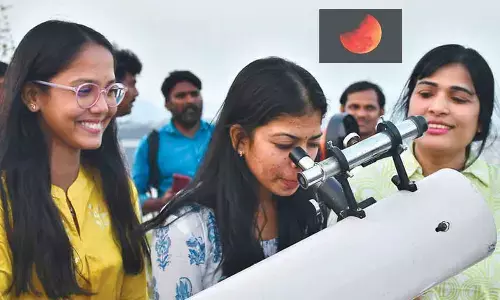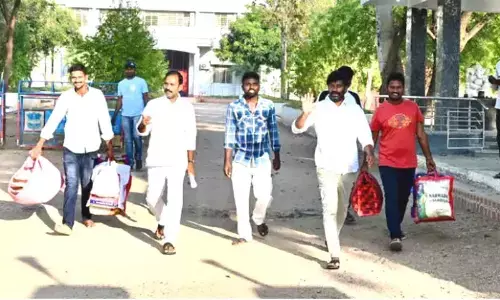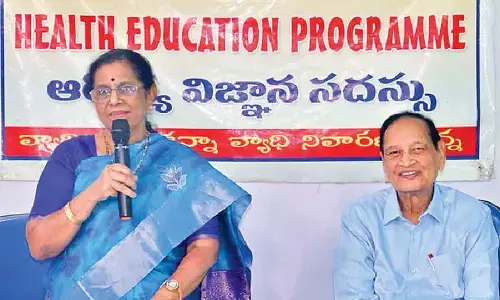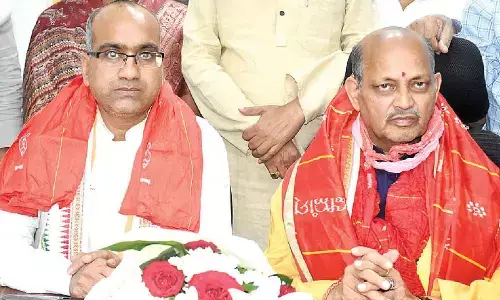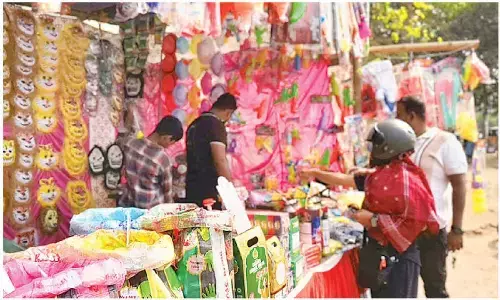No Indian Film Competing For Cannes Film Festival's Most Prestigious Award, Why ?
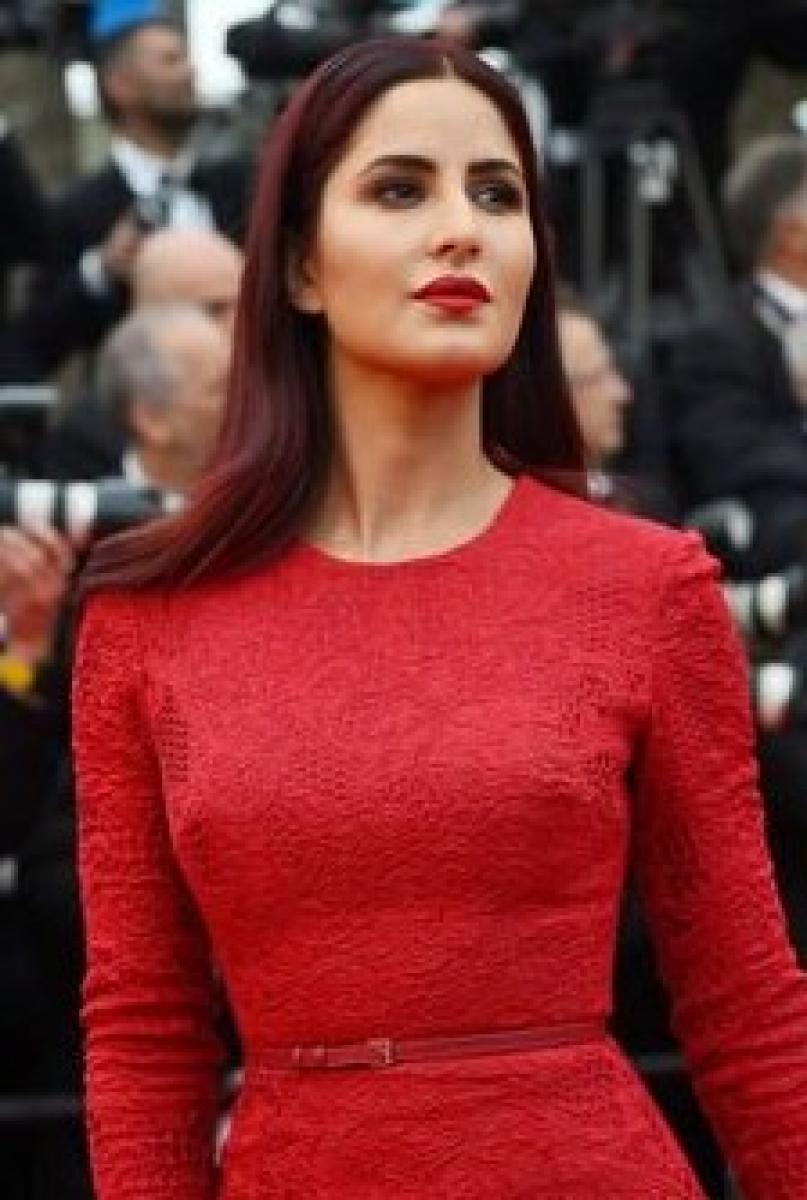
No Indian film was selected for the Festival de Cannes\'s most wanted prize. This has been a constant since 1994.
No Indian film was selected for the Palme d'or award. This has been a constant since 1994.
On May 11, 2016, the world’s most prestigious film festival opens at Cannes, France. It will be the 69th edition of the annual event. The festival screens the finest feature and short films carefully selected from around the world for quality. Twenty-odd feature films vie for the prestigious Golden Palm (the Palme d’Or) for the best film, the Jury’s Grand Prize, and the best director, actor, actress, and screenplay awards in the “In-Competition” section, its top tier. The Berlin and Venice film festivals are its only two rivals, offering similar quality and format of screenings.
Sadly, there is not a single Indian film among the 21 films vying for the Golden Palm this year. More importantly, no Indian feature film has been selected to the “In-Competition” section for 22 years, though Indian films like Masaan were picked for the less important sections of the fete. Masaan won awards in the lesser tier in 2015.
It is the 22-year absence of an Indian film in the main competition that ought to be a cause for introspection by the film community, the government, and the media that promotes Indian cinema. We are all delighted when an Indian film wins an award at Cannes, often oblivious to which category it had competed in. Some are even pleased to see a big-budget Bollywood film screened in a gala function in Cannes quite, oblivious to the fact that it was not selected for competition.
Cannes is a festival that had selected and honoured Indian films, sometimes with awards, within the august top tier of the competition from 1946 to 1994 quite frequently. But not a single Indian film made it to the top tier after 1994 when a Malayalam film Swaham directed by Shaji Karun was picked.
Few Indians are aware that at the 2nd edition of the Cannes festival in 1946, an Indian film, chosen in the competition section, won the Golden Palm. It was a Hindi film Neecha Nagar directed by Chetan Anand that has never enjoyed a wide release in India. But look at the films Neecha Nagar had to compete with for the Golden Palm that year — Roberto Rossellini’s Rome, Open City (Italy), David Lean’s Brief Encounter (UK), and Billy Wilder’s The Lost Weekend (USA). Any Indian cinephile would be proud of Chetan Anand’s achievement. That was the first and last time that an Indian film won the top honour at the Cannes.
Other Indian films picked for the top competition tier in the past were Genesis and Ek Din Pratidin, both Bengali films directed by Mrinal Sen in the Cannes editions of 1986 and 1980, Hindi films, Nishant directed by Shyam Benegal in 1976, Garam Hawa directed by MS Sathyu in 1974 and Mujhe Jeene Do directed by Moni Bhattacharjee in 1964, the Bengali film Devi directed by Satyajit Ray in 1962, the Hindi film Sujata directed by Bimal Roy in 1960, the Hindi film Lajwanti directed by Narendra Suri in 1959 and Raj Kapoor’s Awaara in 1953.
The Cannes editions of 1954 and 1955 saw two Indian films competing in the top slot: Do Bigha Zamin (dir. Bimal Roy) and Mayurpankh (dir. Kishore Sahu) in 1954; and Boot Polish (dir. Prakash Arora) and Biraj Bahu (dir. Bimal Roy) in 1955. Do Bigha Zamin won an International Prize, the precursor of today’s Jury Prize.
Other Cannes winners are the rarely screened Gotoma the Buddha, directed by Rajbans Khanna, which won a special mention from the jury in 1957 and the celebrated debut film of Satyajit Ray, Pather Panchali, which won in 1956 a special prize for the Best Human Document.
The impressive show of Indian cinema from 1946 to 1994 at Cannes contrasts with the subsequent 22-year absence of Indian films. There is evidence that it is not due to a peculiar French taste. It is the same for the Germans.
At the Berlin festival too, the last Indian film to compete for the Golden Bear in the main competition section was exactly 22 years ago: the Bengali film Charachar directed by Buddhadev Dasgupta in 1994. But for the Italians, the last Indian film to compete for the Golden Lion at Venice was only 16 years ago when Buddhadeb Dasgupta’s Bengali film The Wrestlers competed in year 2000 and won a special Director’s award.
Berlin, like Cannes, had been honouring Indian cinema by selecting films to the top competition tier from 1957 to 1994. Satyajit Ray was honoured at Berlin with the Golden Bear, its top award, for Ashani Sanket and twice with a Silver Bear for Best Director for Mahanagar and then for Charulata. Films of Tapan Sinha, V Shantaram, Debaki Bose, Shyam Benegal, Hrishikesh Mukherjee, Abrar Alvi, S Sukhdev, S M Agha, and Jabbar Patel were picked to compete with world’s best in the top slot in those years.
The trend at the Venice festival was no different. From 1934 to 2000 as many as 15 Indian films directed by Debaki Bose, V Shantaram, Chetan Anand, Sohrab Modi, Satyajit Ray, Tapan Sinha, Mrinal Sen, Goutam Ghose, Buddhadev Dasgupta, G Aravindan and Adoor Gopalakrishnan made the top grade. Satyajit Ray picked up the coveted Golden Lion for Aparajito and actor Naseeruddin Shah was bestowed a Silver Lion for the Best Actor in Gautam Ghose’s Paar.
Then why is it that India, which produces the world’s largest number of feature films each year, could not make one film that could merit entry into the top tier of competition at the Cannes and the Berlin film festivals for 22 years and at the Venice festival for 16 years? The sad fact is that Indian films have paled in comparison to the best in world cinema in the last two decades.
One can argue that Indian films have been winning awards in less consequential sections of these very events and feel complacent. However, countries such as Iran, Turkey, Mexico, Chile, Philippines, South Korea and Thailand with no great history of cinema are now regularly showcasing their talent in the official top competition line-ups at these international events. A majority of these films from those countries do not contain nudity, violence, high-voltage action or even costly special effects and sets. They win hearts and minds for their honest and relevant subject matter and tasteful direction.
There are few possible reasons for this deterioration in Indian cinema. An influential section of the Indian media promotes films with star power without ever comparing the films with the best in contemporary world cinema, hiding the real perspective from viewers. Actors are often discussed more than directors, screenplay writers and film editors in popular reviews. The governments, central and state, are inclined to appoint pliable bureaucrats and public figures to film schools and film festival directorates rather than individuals with knowledge of contemporary trends in world cinema. The idea of sending a Union Minister of State to Cannes in 2015 did not help.
Neither does the presence of Indian actresses in Cannes on the red carpet help improve the scenario.
A first step would be to promote new award-winning directors from all regions of India, without political discrimination, and help them exhibit and distribute their works in India and abroad. Political interference and indifference to the performing arts can be costly, if governments only lend an ear to powerful Bollywood moghuls and IAS babus in Delhi, and select film juries and film committee members who might know little beyond Bollywood products, smothering new emerging talent


